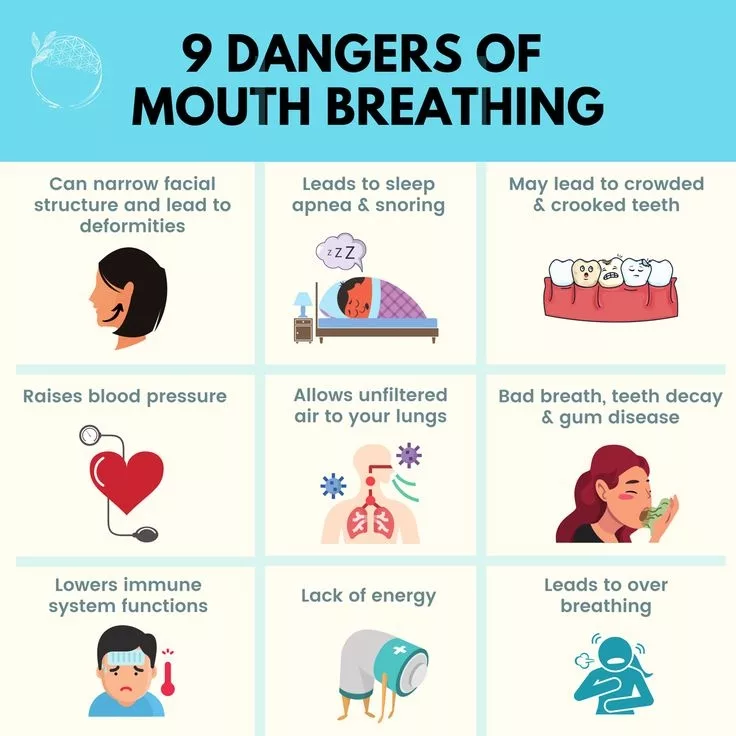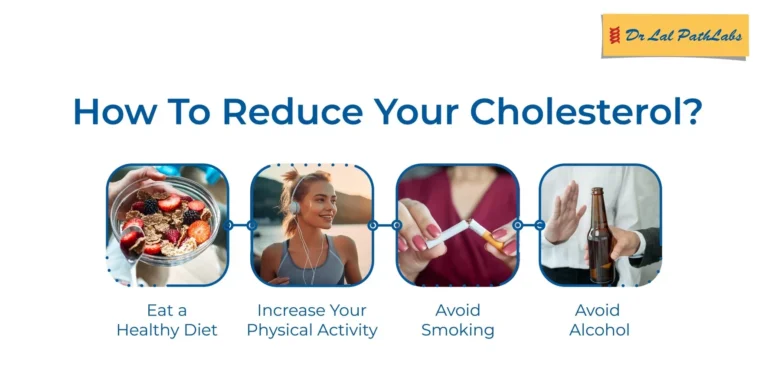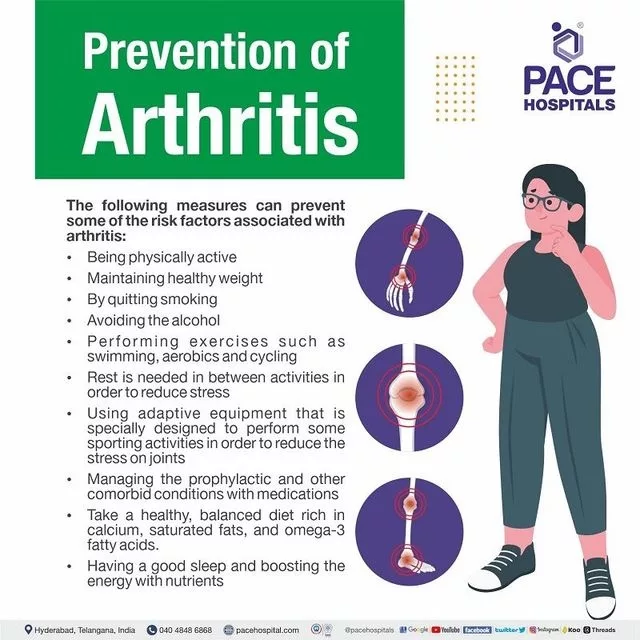Nutritional Supplements You Shouldn’t Take with Coffee
Hello~♡ Today, I want to discuss the precautions you should take when consuming nutritional supplements alongside coffee. This information will be helpful for those who care about their health. Shall we dive in? 😊✨

- Understanding the Relationship Between Coffee and Nutritional Supplements
Coffee is considered an essential beverage for many people. However, taking nutritional supplements while drinking coffee requires caution. This is because coffee can affect the absorption of supplements. Let’s understand the relationship between supplements and coffee and find out the proper way to take them.
- Impact of Coffee on Nutrient Absorption
Coffee contains caffeine, which stimulates the nervous system. As a result, drinking coffee can reduce the absorption of certain nutrients in the body. For instance, iron absorption is known to decrease when taken with coffee. Considering these effects, it’s important to regulate the timing of taking supplements and consuming coffee.
- Types of Supplements to Avoid
Certain types of supplements should not be taken with coffee. For example, mineral supplements that contain iron and calcium can have reduced absorption when taken with coffee. Additionally, magnesium and zinc may also have decreased absorption when consumed alongside coffee. Therefore, you should be cautious not to take these nutrient-containing supplements with coffee.

- Caffeine and Specific Nutrient Interactions
Caffeine stimulates the nervous system, waking you up and increasing activity levels. However, caffeine can also inhibit the action of certain nutrients in the body. For example, caffeine interferes with the absorption of iron and calcium. Considering these interactions, it is advisable to avoid taking supplements with high-caffeine beverages.
- Checking the Compatibility of Supplements with Coffee
Each supplement interacts differently with coffee. For instance, vitamin C can be taken with coffee without significantly affecting absorption. However, vitamin B12 may have reduced absorption when taken with coffee. Thus, it’s important to research each supplement to understand its compatibility with coffee.
- Alternative Beverages to Choose Instead of Coffee
If you want to take supplements with a beverage but are concerned about caffeine content, you might consider alternative drinks. For example, caffeine-free teas or herbal teas can be consumed with supplements. Additionally, water or plant-based milk can also serve as good alternatives.
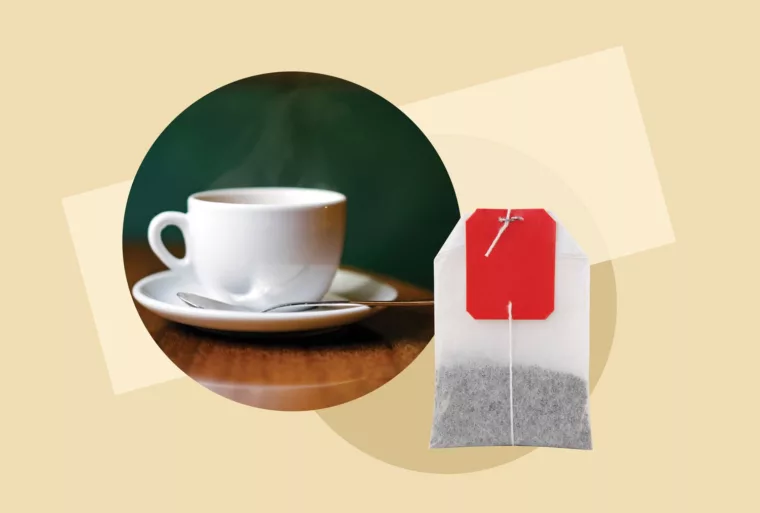
- Timing and Method of Taking Supplements
The timing and method of taking supplements should be determined correctly. When taking supplements with coffee, nutrient absorption may decrease, so it’s better to take supplements after some time has passed since drinking coffee. Also, follow the manufacturer’s recommendations regarding the dosage and frequency of the supplements.
- Establishing Proper Supplement Intake Habits
Finally, it’s crucial to develop healthy supplement intake habits. If you need to take supplements with coffee, adjust the timing of coffee consumption to minimize its effect on nutrient absorption and consider caffeine-free alternatives to create appropriate habits.
9. Foods That Affect Nutritional Supplement Intake Besides Coffee:
-
Milk and Dairy Products: Calcium-rich foods like milk and cheese can inhibit the absorption of certain nutrients, such as iron. Therefore, it is advisable to avoid dairy products when taking iron supplements.
-
High-Fiber Foods: Foods rich in dietary fiber (e.g., whole grains, fruits, vegetables) can interfere with the absorption of some nutrients. It is recommended to adjust the timing of supplement intake after consuming these foods.
-
Caffeinated Beverages: In addition to coffee, drinks that contain caffeine, such as tea or energy drinks, can also affect nutrient absorption.
-
Acidic Foods: Acidic foods like orange juice can enhance the absorption of certain nutrients, but they may negatively impact the absorption of others, so caution is needed.
-
Alcohol: Alcohol can hinder nutrient absorption and impair liver function, so it is advisable to reduce alcohol intake while taking supplements.

The effect of each food on the absorption of supplements can vary, so it is important to consider the timing of consuming these foods when taking nutritional supplements.
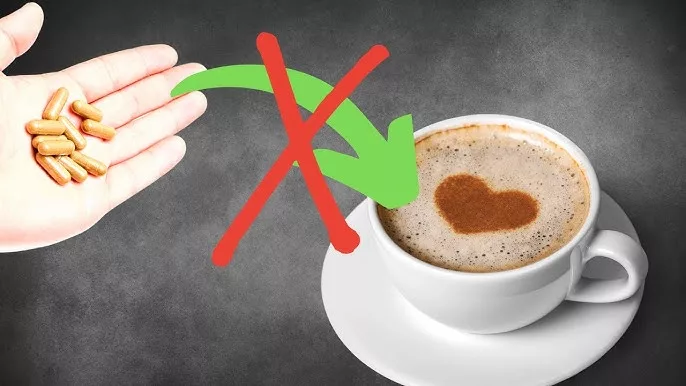
This concludes our discussion on the nutritional supplements you shouldn’t take with coffee. To effectively consume supplements while enjoying coffee, it’s important to follow correct information and guidelines. Pay attention to the relationship between coffee and supplement intake for a healthier lifestyle, and work on establishing good supplement habits.




